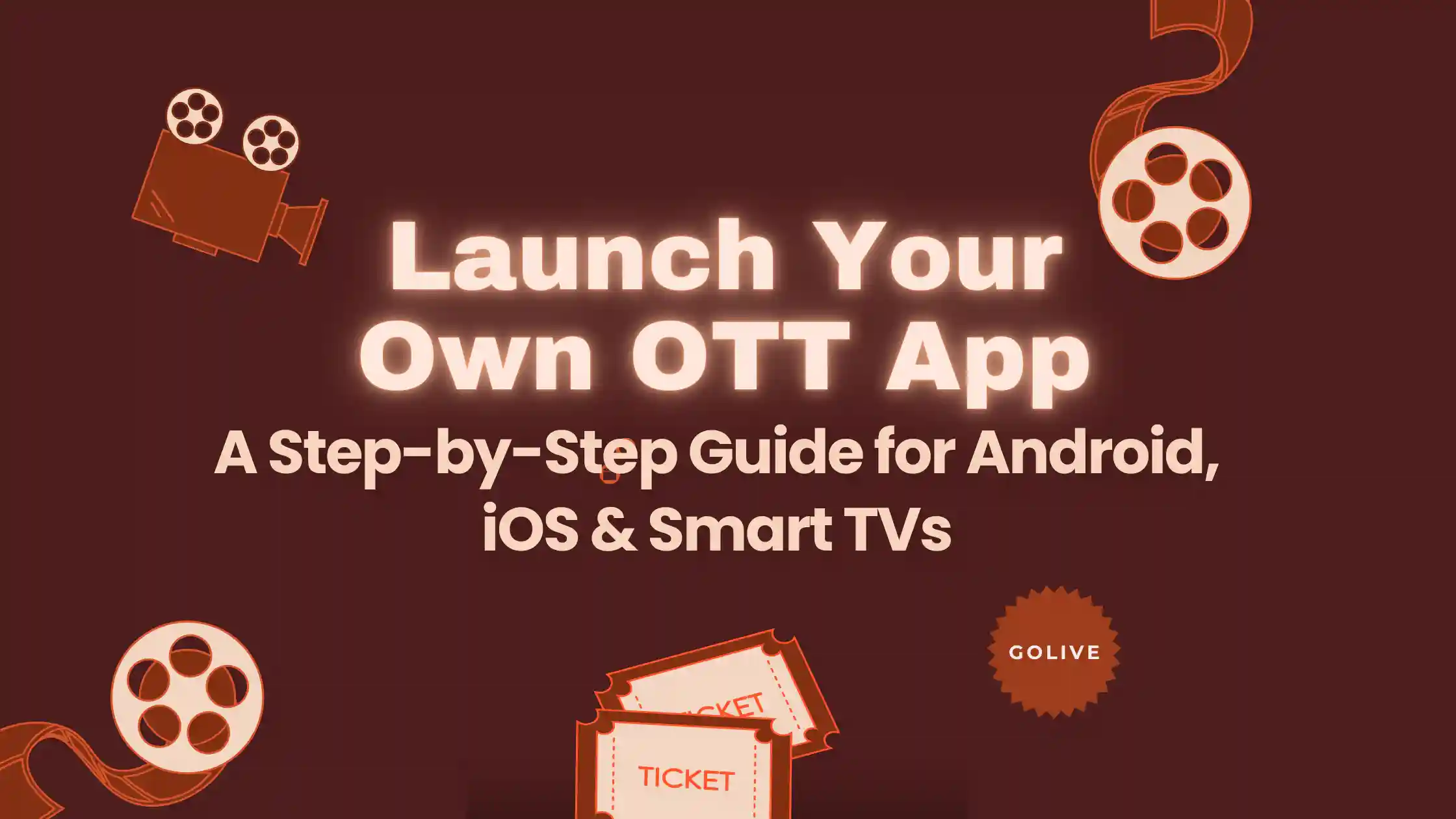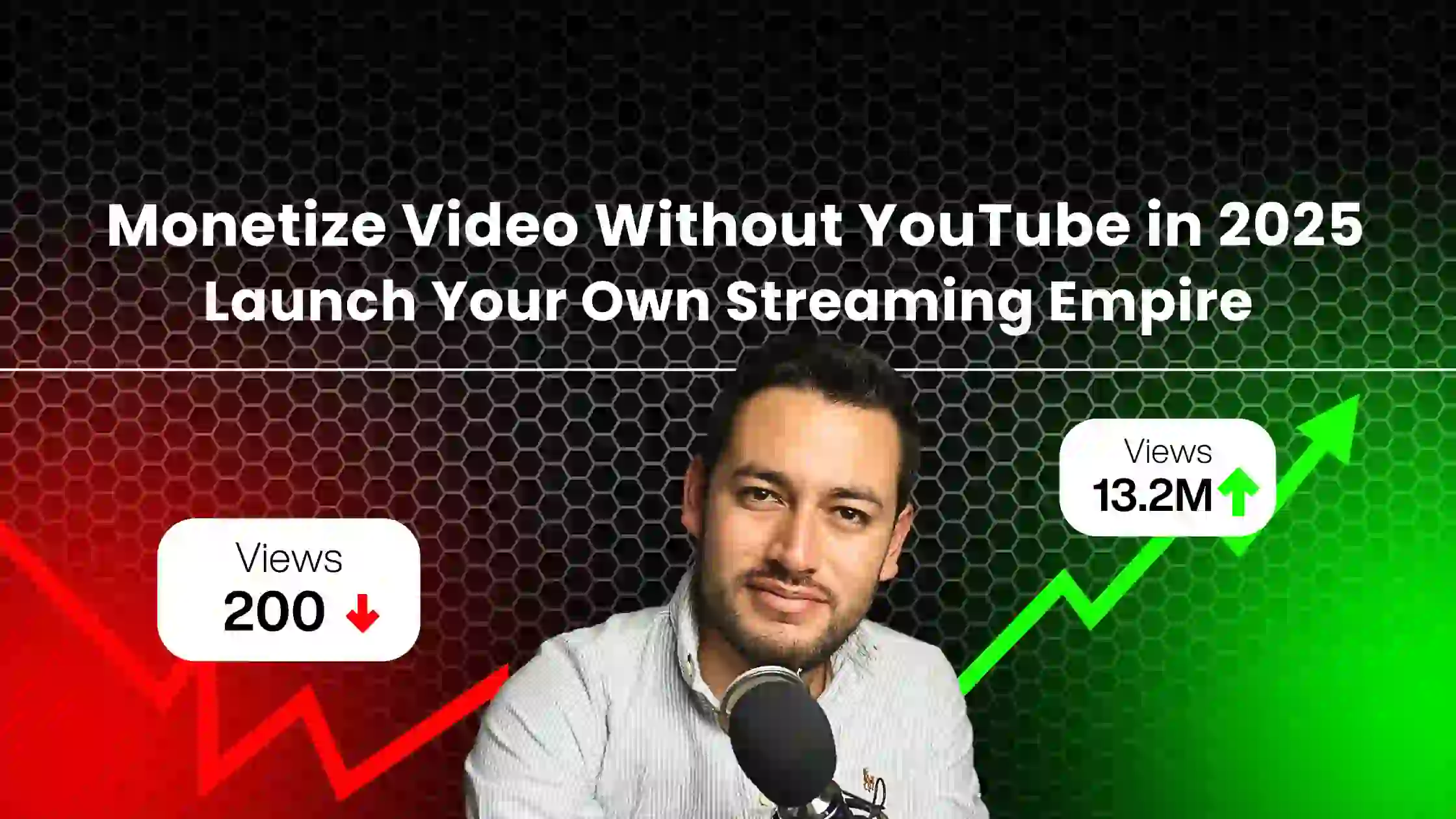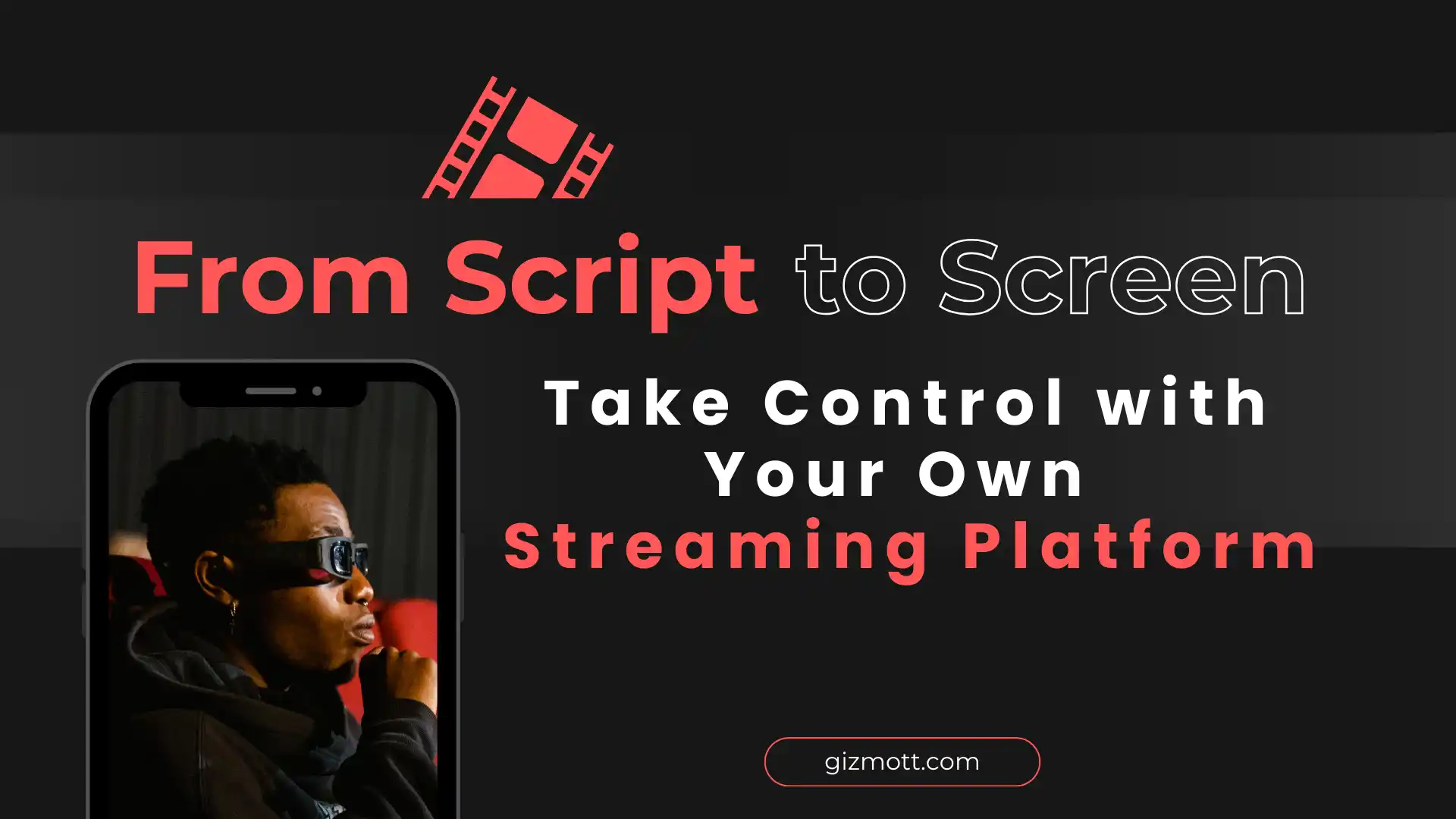Let’s examine how to organize a live or virtual event
- Understanding the concept between Virtual and Live Event Streaming
- Factors to consider for a Live or Virtual Event
- Pros and Cons of Live and Virtual events
- How virtual events has changed the event industry
- how to host your own virtual event with Gizmott
- Conclusion
Review your event concept first. Query yourself on things like:
- How is it set up? Which types of content did you intend to use?
- Whom are you trying to reach?
- What is the primary objective of the event? Lead generating, direct sales, etc. are a few examples.
Pros :
- Hosting a live event builds memorable connections. There is no denying at all that personal touch cannot be replaced. Face-to-face encounters give professional relationships a unique quality and leave a lasting impression.
- Face-to-face gatherings also give organizers a chance to get relevant participant feedback in a more personal setting. For example, you may observe the atmosphere in the conference room and immediately make the necessary adjustments to enhance the experience.
- In terms of immediateness, live events are thought to be the opposite of virtual ones. A one-time-only event may be simpler to promote and the real-life experience can have a stronger impact.
Cons :
- Running a physical event has far higher expenses because you need to reserve a place and provide resources to meet your needs.
- Your potential audience is constrained by geographical factors like travel and accommodation.
- Physical events are more challenging to evaluate because it is very challenging to get measurable information such as booth visits, conversations had, sessions attended, and so on.
Pros :
- Virtual events are accessible on any device and from any location. They eliminate the need for any physical logistics, such as travel and accommodation, enabling you to reach every part of the globe and maximize your audience.
- Connect with hundreds or even thousands of individuals at once and engage in text, voice, or video conversations with them. Virtual events maximise the amount of those contacts and multiply the value obtained from them, offering participants a successful alternative while physical events can win the argument over interpersonal interactions.
- In contrast to in-person events, virtual events don’t need a physical location or any other necessities for running a successful event. This gives you more opportunity for profits while allowing you to allocate a lower budget to your expenses.
Cons :
- A virtual event’s nature makes it simple for participants to sign up before tuning out, either literally or symbolically.
- Online gatherings tend to move quickly, which may help you meet more people, but it could come off as missing if there are no opportunities for spontaneous physical interaction.
- Although networking and participation at virtual events have increased, there can still be a “sit-back learning” component where viewers feel more like viewers than participants.




